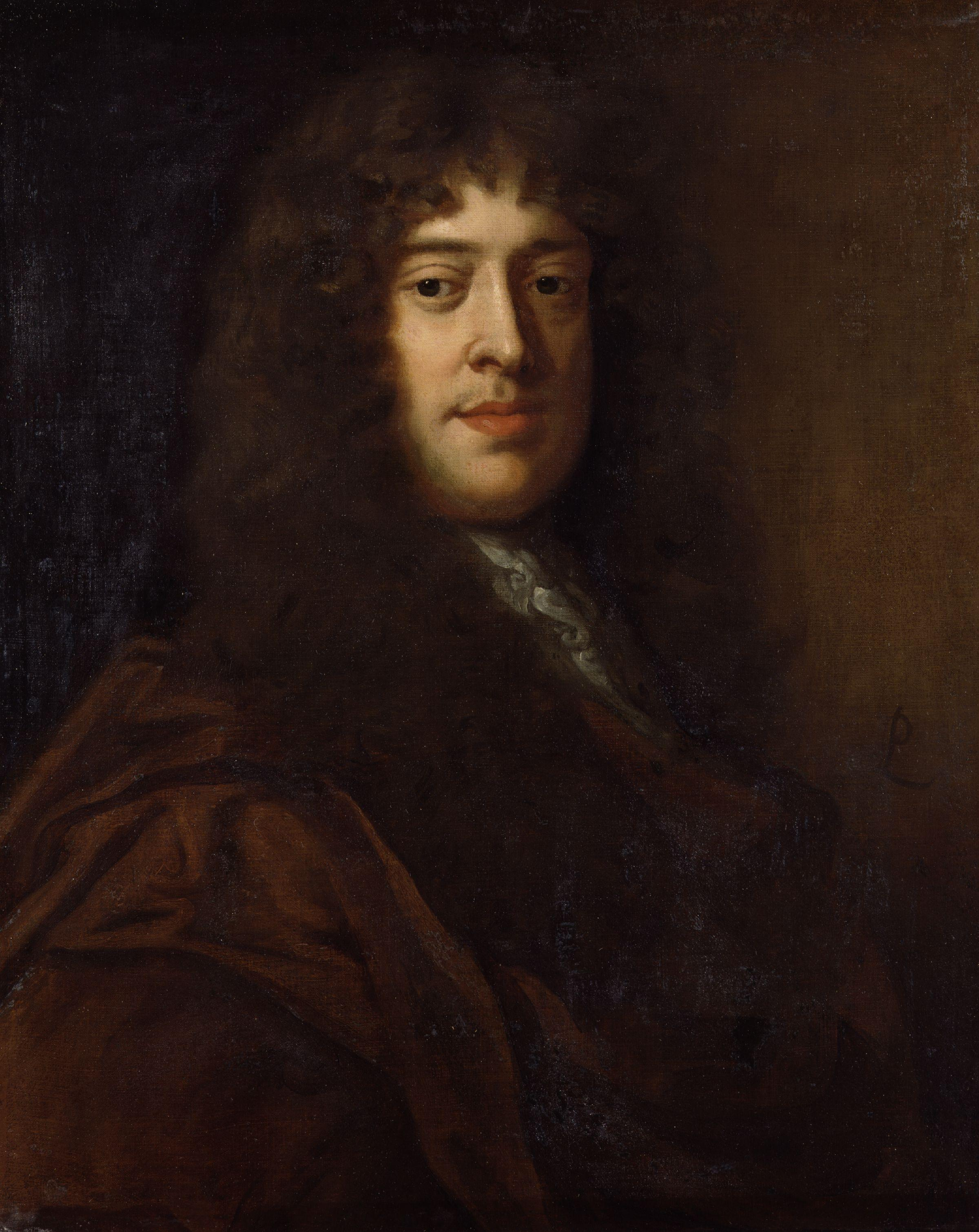“Necessity, the mother of invention.”
Love in a Wood (1671), Act III, scene 3. (This was already a common proverb before Wycherley, cf. Invention, Necessity.)
William Wycherley fue un dramaturgo y poeta inglés, cuyas obras son típicas de la literatura de la Restauración inglesa.
Estudió en Francia donde se convirtió al catolicismo. Tras la restauración de Carlos II continuó sus estudios en Oxford y abrazó de nuevo la fe de la iglesia de Inglaterra. Pasó casi toda su vida en Londres donde aún se recuerda su predilección por las tabernas y por lugares poco recomendables.
Entre sus obras, básicamente comedias satíricas un tanto salvajes, destacan The Plain-Dealer y The Country Wife . Tras la publicación de sus Miscellany Poems en 1704, Wycherley consiguió la amistad de Alexander Pope que le hizo llegar hasta el gran público arreglando y rectificando sus escritos.
Está fuertemente relacionado con George Etherege, pero introduce un nuevo elemento; el cinismo. Presenta una sociedad amoral.
Debido a los desórdenes políticos, Whycheley regresó al hogar paterno en Shropshire en 1689: el nuevo rey, Guillermo III, no apreciaba en exceso a los escritores, sobre todo cuando eran abiertamente libertinos como Wycherley.

“Necessity, the mother of invention.”
Love in a Wood (1671), Act III, scene 3. (This was already a common proverb before Wycherley, cf. Invention, Necessity.)
“I weigh the man, not his title; 'tis not the king's stamp can make the metal better.”
The Plain Dealer (1677), Act I, scene 1.
“And with faint praises one another damn.”
The Plain Dealer (1677), Prologue.